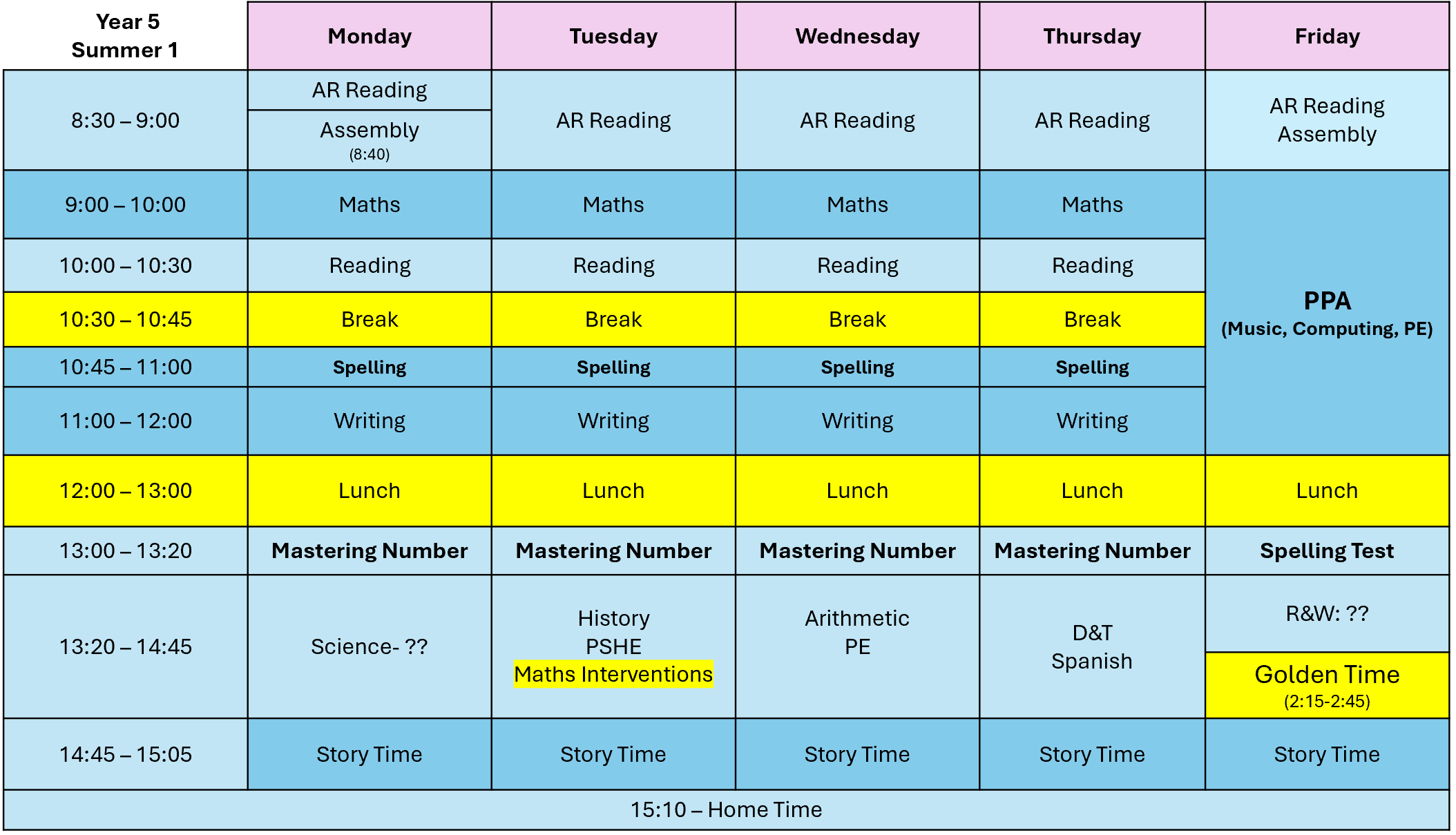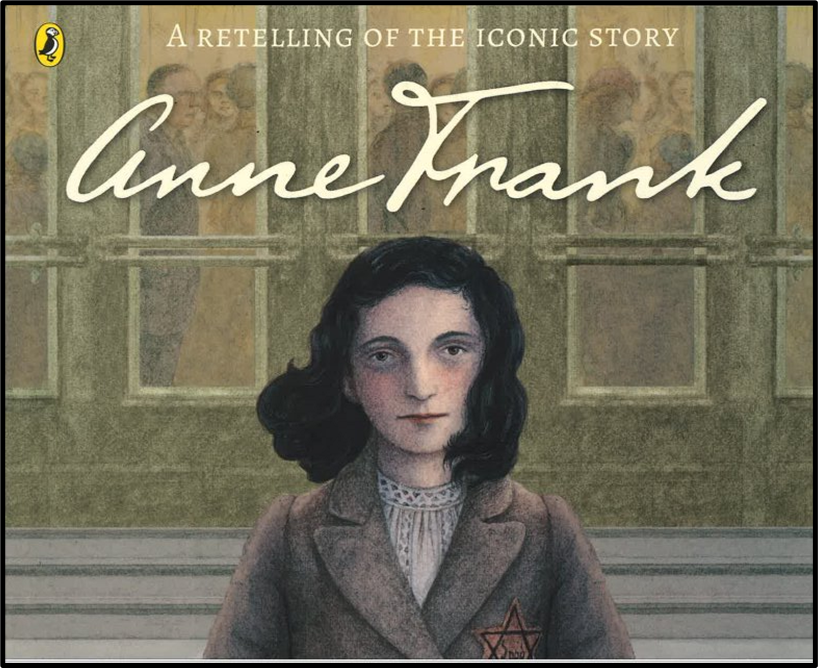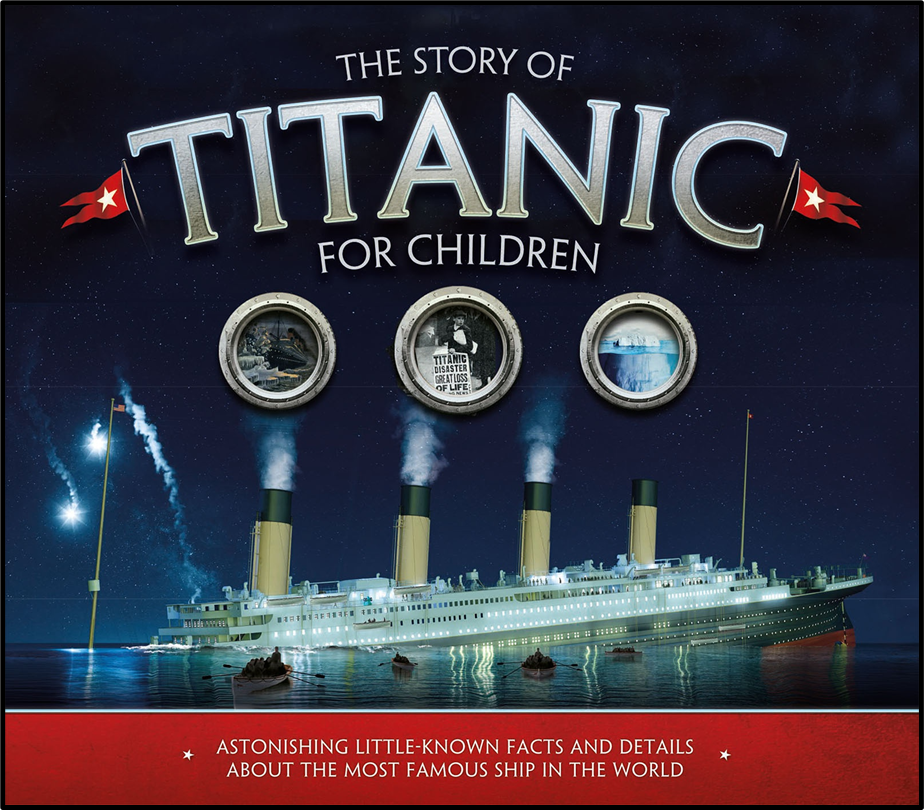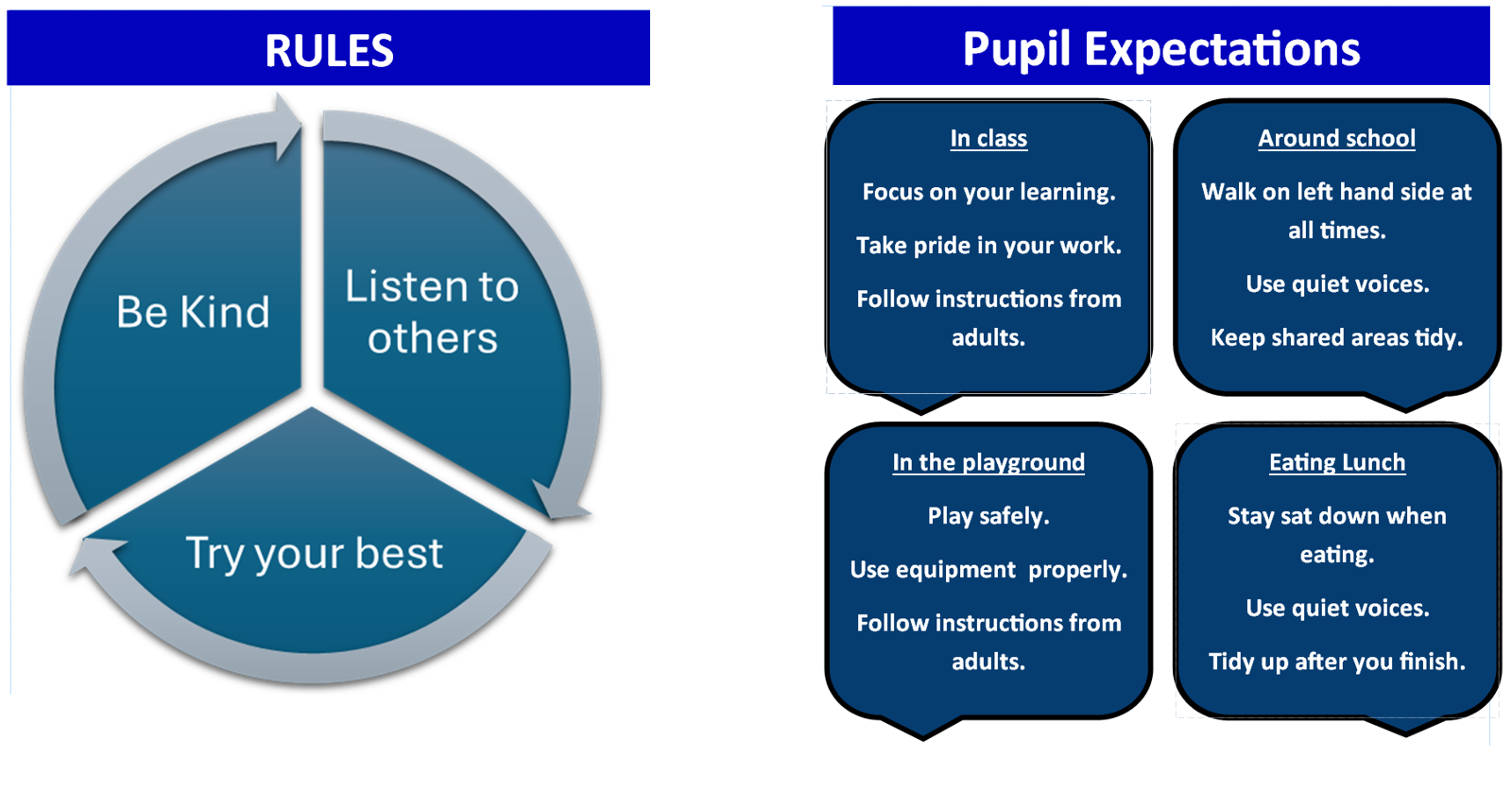Summer 1
This half-term, Year 5 will be visiting the Bournemouth Symphony Orchestra on Wednesday 21st May 2025. This is an amazing experience that our children always consider as one of their favourite memories when they leave at the end of Year 6 and we cannot wait!
The trip costs £10 and should be paid for via your My Child at School (MCAS) accounts.
For more information, please read this BSO Letter.

Maths
This half-term in maths, children will be studying the following topics:
Fractions, Decimals and Percentages.
This is a key bit of learning which will underpin much of the maths work that the children complete in Year 6 and will include the following things:
Equivalent fractions and decimals
Order and compare decimals
Round to the nearest whole number
Round to 1 decimal place
Understanding percentages
Percentages as fractions
Percentages as decimals
Equivalent fractions, decimals and percentages.
Mastering Number
What is involved?
Knowledge of multiplication and division and its applications forms the single most important aspect of the KS2 curriculum, and is the gateway to success at secondary school. This project enables pupils in Year 5 to develop fluency in multiplication and division facts, and a confidence and flexibility with number that exemplifies good number sense.
What will the children learn?
- Year 5 will develop automaticity in multiplication and division facts through regular practice.
- Year 5 pupils will make progress in their knowledge and understanding of multiplicative concepts.
Writing

This half-term, we will be studying two texts: The Lost Happy Endings by Carol Ann Duffy and The Whale by Ethan and Vita Murrows.
Anne Frank - Synopsis of Text taken from Literacy Tree
Anne Frank's diary telling the story of her years in hiding from the Nazis has affected millions of people. But what was she like as a small girl, at home with her family and friends; at play and at school? And how did an ordinary little girl come to live such an extraordinary and tragically short life? In the first half of the book we meet Anne as a small child growing up with her family in Germany. Then we follow her flight to Holland to escape the Nazis; the German invasion and the gradual isolation, then outright persecution, of the Jewish population which forces the family into hiding; the years in the Secret Annex; and her last heart-breaking journey.
As the sequence of learning progresses, they will learn about Anne and her family’s life. They will have opportunities to write extended diaries. The final pieces of extended writing will be formal and informal letters.
We will continue to focus on developing the key skills required to be successful in Year 5:
- Presenting work with care, including using cursive handwriting
- Editing work, looking specifically at spelling, punctuation and grammar
We will continue putting emphasis on children trying to embed key features of Upper Key Stage 2 writing into their daily writing, including:
- Relative clauses - The boy, who had short brown hair, kicked the ball.
- Subordinate clauses - Because the men had been at sea for many years, Odysseus knew that they must return home soon.
- Modal verbs - I can hear the wind howling as the storm clouds envelope our town. I should run but I will not.
- Using a range of punctuation - : ; ( ) -
We will also continue to encourage children to WRITE LESS, BETTER. We want children to focus on producing quality pieces of writing, and this is much easier when the expectation of work produced is reduced.
We will be using the following writing outcomes to evidence our children's progress in the aforementioned areas:
- A formal Letter to Winston Churchill from Anne Frank
- An Informal Letter to a friend from Anne Frank.
Reading

The Story of the Titanic for Children by Joe Fullman.
Explore the beautiful sundecks, marvel at the luxurious design and relive the tragic sinking of the world's most famous ship with The Story of the Titanic for Children.
Over one hundred years on, the captivating story of the Titanic has lost none of its appeal. This stunning book explores real-life stories and little known facts that will absorb young readers. Beautiful images and bite-sized information bring the Titanic to life, from its construction to the victims and survivors after its tragic sinking. Filled with amazing facts and details giving insights into the 'unsinkable' ship, The Story of the Titanic for Children will satisfy even the most curious minds.

Vocabulary
Children will have the opportunity to explore unknown vocabulary in the passage.
They will be introduced to words through explanations in everyday connected language, rather than dictionary definitions.
Prosody
Children will have regular opportunities to hear their teacher read.
Pupils can then orally rehearse and practice reading the passage. This can be read in pairs, so there is an ‘audience’. Children will also have opportunities to read in groups and complete individual performances for the class.
Language for effect
Here, children will unpick the choices made by the author and the impact this has on the text and therefore the reader.
We will look at particular phrases and sentences rather than whole passages.
Children will have the chance to revisit vocabulary from the first session and see how effective it is within the context of the sentence.
Comprehension and Oracy
Children will have the opportunity for informal book talk.
Chances will be given to discuss the book as a class.
Written work may take place in the form of comprehension – retrieval, inference, sequencing style questions.
Reading for Pleasure
Finally, children will have the chance to read on in the text – this will also be done in your Story Time.
Spellings
Spellings is now taught daily in short, sharp, 15-minute lessons following the same lesson structure every day:
Year 5 will continue this new approach to spellings, which has been very successful so far. Children have been really engaged in lessons and I know that they have really enjoyed them. We want our children to focus on accuracy, independence, and being able to spot errors and correct them whilst editing.

Quick Review
- Practise a word from the previous lesson's rule or focus.
Teach and Practise
- Introduce words that follow a new spelling rule
- Read the works fluently as a class
- Locate sounds on 'Grow the Code poster - see below
- Add sound buttons and locate focus grapheme or manipulate words.
Practise and Apply
- Spelling 3–4 words that follow the rule and include the focus grapheme
Review
- Recap on rule and add the new rule to a display
On Fridays, children will be introduced to 'prickly spellings', which are Challenge Words. These will be linked to the Year 5 and 6 Spelling list.

History
The English Civil War
Key Question — Is the King always right?
There is a good chance to make clear chronological links, with previous year’s study of the Tudors. There is a clear link down from Elizabeth, the final Tudor monarch to Charles, and his father James who succeeded Elizabeth.
The Civil War is a good way at looking at the beginnings of modern society and what we have today:
· Parliament and their power of law making
· Monarch only having limited powers—unable to rule how they wish
· Organised modern army, with clear tactical plans and structure
· Key Figures Cromwell & Charles I—compare to today with Prime Minster and Queen
Science
Reproduction and Lifecycles - this unit of work will be the focus for the entire Spring Term
National Curriculum 2014 Objectives
Pupils should be taught to:
- Describe the differences in the life cycles of a mammal, an amphibian, an insect and a bird
- Describe the life process of reproduction in some plants and animals.
Notes and guidance (non-statutory)
- Pupils should observe life-cycle changes in a variety of living things, for example, plants in the vegetable garden or flower border, and animals in the local environment.
- They should find out about the work of naturalists and animal behaviourists, for example, David Attenborough and Jane Goodall.
- Pupils should find out about different types of reproduction, including sexual and asexual reproduction in plants, and sexual reproduction in animals.
- Pupils might work scientifically by: observing and comparing the life cycles of plants and animals in their local environment with other plants and animals around the world (in the rainforest, in the oceans, in desert areas and in prehistoric times), asking pertinent questions and suggesting reasons for similarities and differences.
- They might try to grow new plants from different parts of the parent plant; For example, seeds, stem and root cuttings, tubers, bulbs. They might observe changes in an animal over a period of time, comparing how different animals reproduce and grow.
Types of science investigation
- Experiment observing changes over time
- Pattern seeking experiment
- Fair test
- Classification and Identification
- Research
D&T
TBC
Religion and Worldviews
In this half term, we will be learning about humanism.
Key questions: What motivates humanists to lead good lives?
This enquiry is designed to explore beliefs into actions in Humanism, as a non-religious worldview, and considers how Humanists may live their lives based on the following key beliefs:
1. There is no evidence of a god – science gives many answers to things previously attributed to gods, e.g. the formation of life.
2. We have one life – we need to make the best of it.
3. It is our responsibility to treat humans and other living things ethically, fairly and positively.
4. We need to take personal responsibility for our actions.
5. We have the potential to achieve great things which will benefit humanity and future generations.
6. Humanists value freedom, empathy, reason and human rights.
7. Humanists respect people’s right to hold their own beliefs; however, they are opposed to human rights being violated, which can happen in some societies, some of which may be governed by religious law.
PSHE
This term we are going to TBC.
We will continue to embed the three Golden Rules, as well as other pupil expectations, both in class and whilst moving around the school.

Spanish

This half-term in Spanish, we will be learning about summer, including describing different weather types, talking about different Spanish cities, and asking for an ice cream.
PE
This half-term, our PE sessions will be on a Wednesday and a Friday.
Children will be doing athletics and Tri-Golf this half-term.
